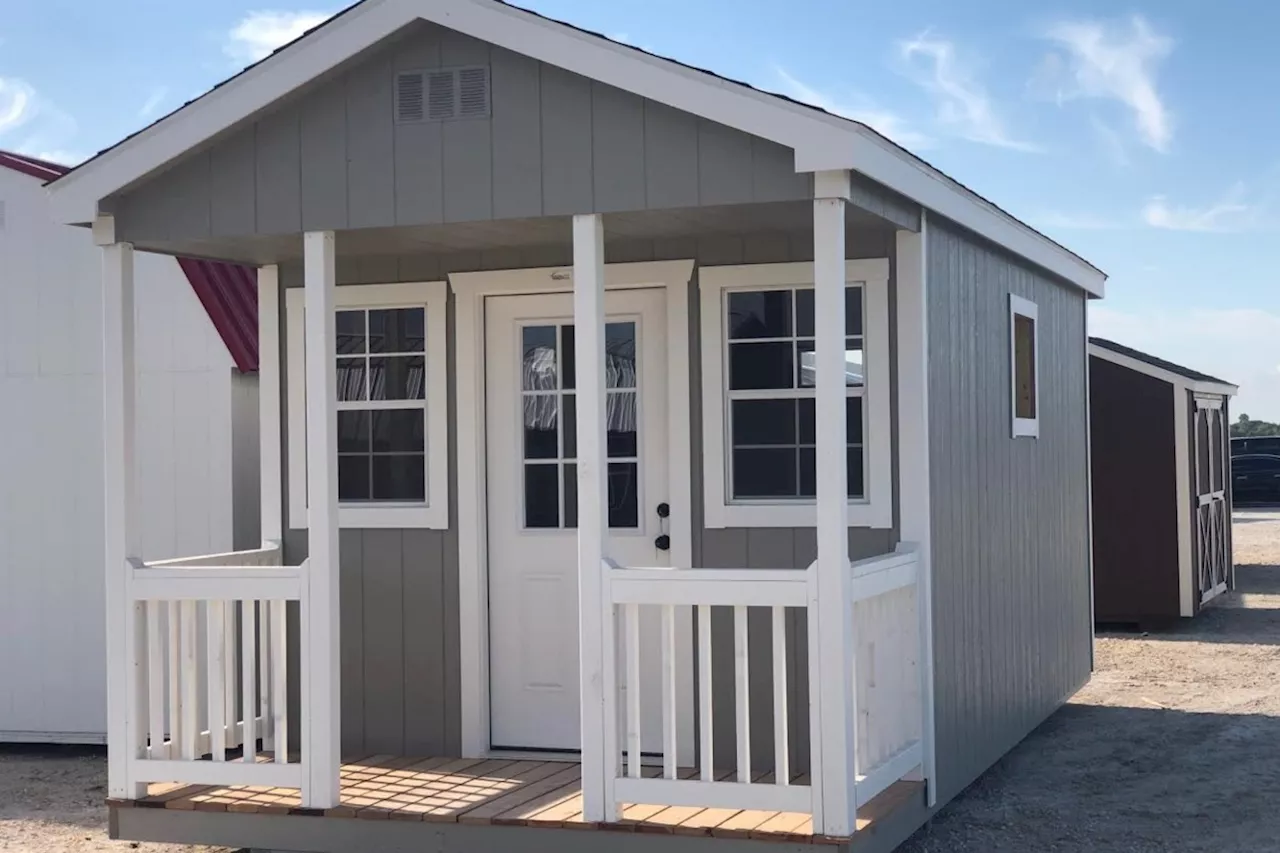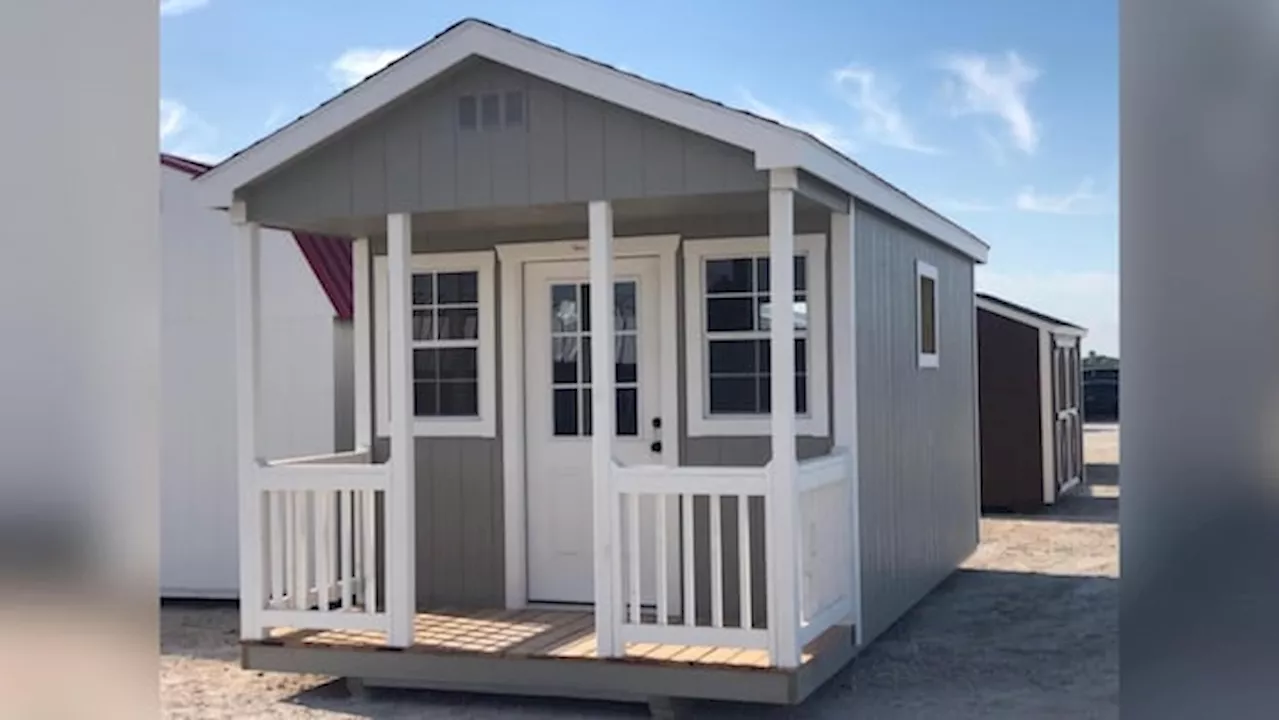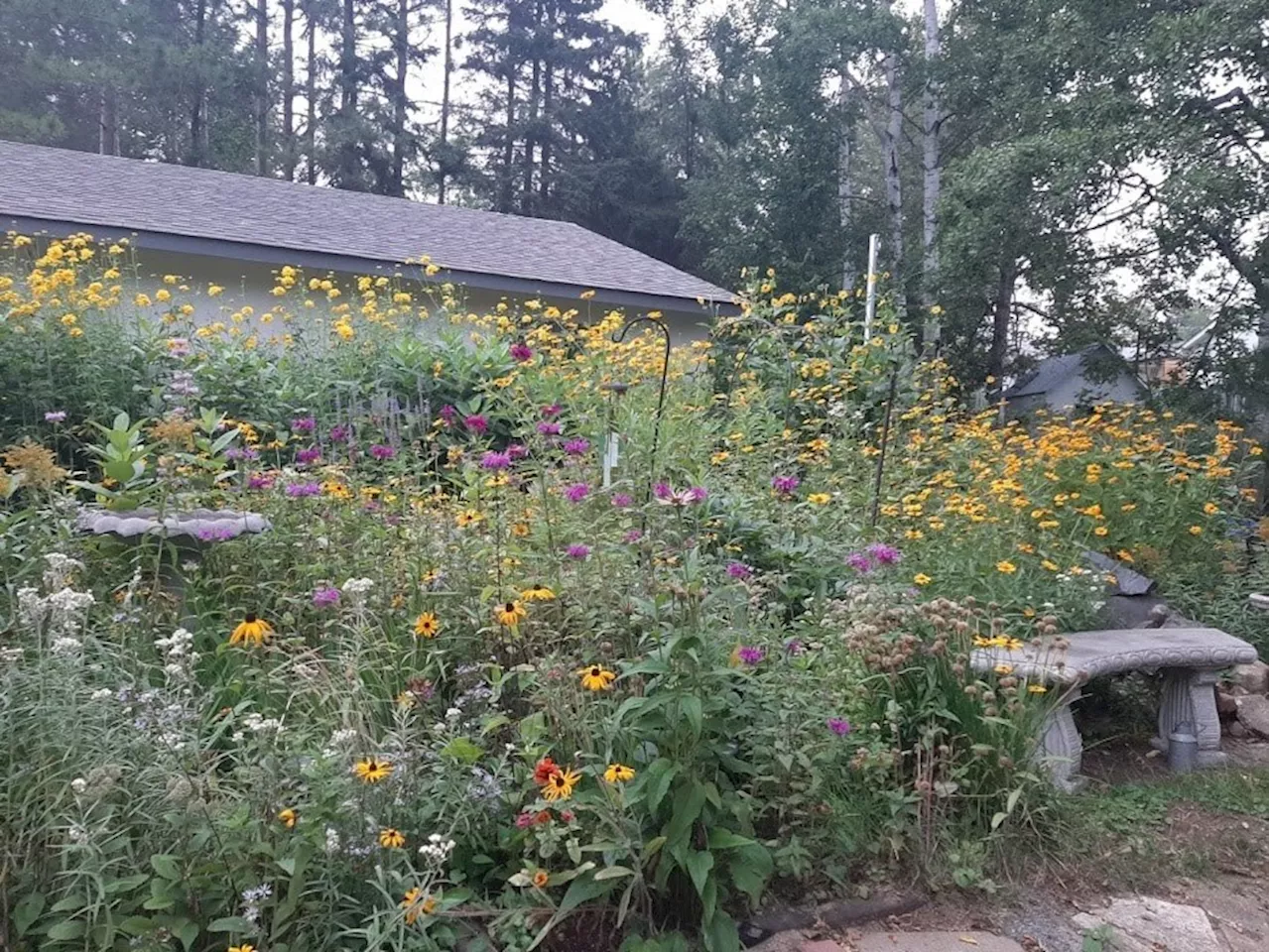The Thunder Bay District Health Unit has developed a new curriculum for 14 First Nations communities, focusing on Indigenous food sovereignty and traditional harvesting practices. The curriculum, created in collaboration with knowledge keepers, elders, and advisory circle members, aligns with a 2022 Food Sovereignty Assessment conducted with the communities. It will be implemented in kindergarten, Grade 1, and Grade 2 through the TBDHU’s Understanding Our Food Systems project.
THUNDER BAY — The Thunder Bay District Health Unit has launched a new curriculum for 14 First Nations around Indigenous food sovereignty aligning with the traditional harvesting resource put together by knowledge keepers, elders and some of the unit’s advisory circle members.
Currently, the Superior-Greenstone District School Board, where Bartlett works, is using the curriculum after testing out the resource last year in two of its schools. “It works on this 13 moons curriculum and it talks about traditional harvesting and eating foods that are within the seasons and it walks children through this as a calendar as opposed to the traditional Gregorian calendar that we use,” said McGibbon.
With people coming from different places around the land they’re working on, McGibbon said these videos recognize and talk about respecting communities that might have different names for these moons and also learning from the elders and knowledge keepers in their area. As a dietitian, McGibbon added she often talks about Canada’s food guide as one way of eating and a traditional way of thinking about food, but this curriculum is another way with “lots of beautiful benefits for people to have a chance to look around.”
INDIGENOUS FOOD SOVEREIGNTY CURRICULUM TRADITIONAL HARVESTING FIRST NATIONS HEALTH UNIT
Canada Latest News, Canada Headlines
Similar News:You can also read news stories similar to this one that we have collected from other news sources.
 Tiny Homes to Provide Stability for Individuals with Mental Health and Addiction Challenges in Thunder BayConstruction is set to begin on a village of 16 tiny homes in Thunder Bay, Ontario, aimed at providing stable housing for individuals struggling with mental health and addiction issues. The project, funded by the province's Homelessness Prevention Program, will be located on a parking lot at 212 Miles Street East. The tiny homes, equipped with full amenities, will offer affordable rent based on tenants' income support programs. Alpha Court Community Mental Health & Addiction Services, the non-profit organization behind the initiative, emphasizes the project's long-term nature and its focus on holistic support services for residents.
Tiny Homes to Provide Stability for Individuals with Mental Health and Addiction Challenges in Thunder BayConstruction is set to begin on a village of 16 tiny homes in Thunder Bay, Ontario, aimed at providing stable housing for individuals struggling with mental health and addiction issues. The project, funded by the province's Homelessness Prevention Program, will be located on a parking lot at 212 Miles Street East. The tiny homes, equipped with full amenities, will offer affordable rent based on tenants' income support programs. Alpha Court Community Mental Health & Addiction Services, the non-profit organization behind the initiative, emphasizes the project's long-term nature and its focus on holistic support services for residents.
Read more »
 Thunder Bay Health Sciences Centre to Introduce Cardiovascular SurgeryA new \$93 million cardiovascular surgery program will be established at the Thunder Bay Regional Health Sciences Centre (TBRHSC), addressing a long-standing need for specialized cardiac care in northwestern Ontario.
Thunder Bay Health Sciences Centre to Introduce Cardiovascular SurgeryA new \$93 million cardiovascular surgery program will be established at the Thunder Bay Regional Health Sciences Centre (TBRHSC), addressing a long-standing need for specialized cardiac care in northwestern Ontario.
Read more »
 Thunder Bay Study Investigates Long-Term Effects of Cannabis on Oral Health, Particularly in Indigenous CommunitiesA University of Toronto research team is conducting a study in Thunder Bay and Northwestern Ontario to explore the long-term impacts of cannabis use on oral health, with a particular focus on Indigenous populations. The study aims to understand the link between cannabis smoking and oral health issues, including oral cancers, and to assess the specific effects of cannabis on oral health, especially among Indigenous youth and adults who experience poorer oral health outcomes than the general population.
Thunder Bay Study Investigates Long-Term Effects of Cannabis on Oral Health, Particularly in Indigenous CommunitiesA University of Toronto research team is conducting a study in Thunder Bay and Northwestern Ontario to explore the long-term impacts of cannabis use on oral health, with a particular focus on Indigenous populations. The study aims to understand the link between cannabis smoking and oral health issues, including oral cancers, and to assess the specific effects of cannabis on oral health, especially among Indigenous youth and adults who experience poorer oral health outcomes than the general population.
Read more »
 Expanding the Canada Health Act must include mental health and substance use healthThe Hill Times
Expanding the Canada Health Act must include mental health and substance use healthThe Hill Times
Read more »
 Thunder Bay's Tiny Home Village: A Focus on Community as Key to SuccessThunder Bay is building its first tiny home village to address its housing crisis. Advocates emphasize community as a key element for success.
Thunder Bay's Tiny Home Village: A Focus on Community as Key to SuccessThunder Bay is building its first tiny home village to address its housing crisis. Advocates emphasize community as a key element for success.
Read more »
 Thunder Bay Council Approves Boulevard Garden BylawThunder Bay City Council has unanimously approved a new bylaw regulating boulevard gardens. The bylaw addresses concerns raised by residents regarding restrictions on planter box heights, pesticide use, and plant support structures. It allows for shrubs with height restrictions, plant supports within garden boxes, and organic fertilizers.
Thunder Bay Council Approves Boulevard Garden BylawThunder Bay City Council has unanimously approved a new bylaw regulating boulevard gardens. The bylaw addresses concerns raised by residents regarding restrictions on planter box heights, pesticide use, and plant support structures. It allows for shrubs with height restrictions, plant supports within garden boxes, and organic fertilizers.
Read more »
